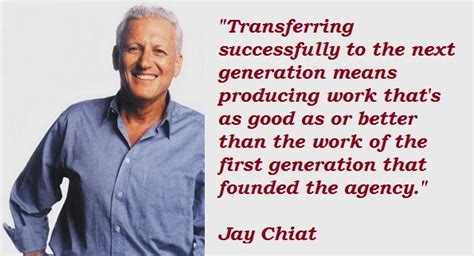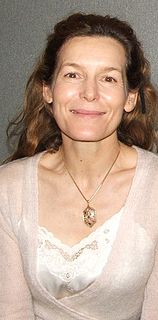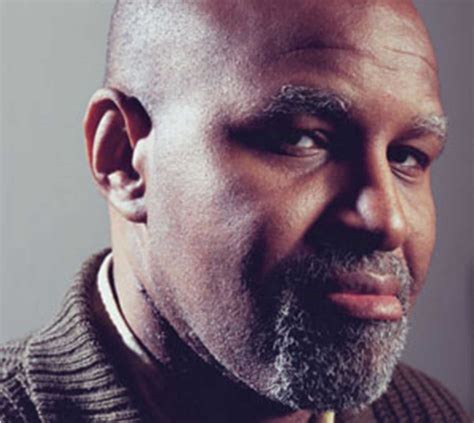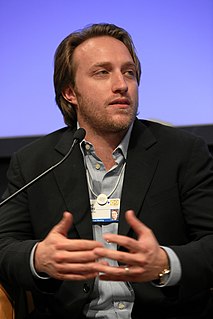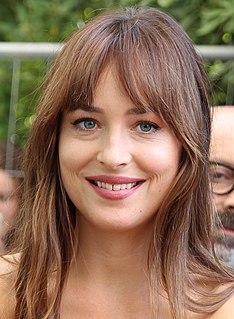A Quote by Jay Chiat
If you really think about it, when watching television, you have product placement all the time.
Quote Topics
Related Quotes
There is a difference. You watch television, you don't witness it. But, while watching television, if you start witnessing yourself watching television, then there are two processes going on: you are watching television, and something within you is witnessing the process of watching television. Witnessing is deeper, far deeper. It is not equivalent to watching. Watching is superficial. So remember that meditation is witnessing.
My mother moved abroad when I was 11, my dad wasn't around from the time that I was a baby, so I was not the product of a family, but a product of observation - of watching what went on around me, of watching who I liked, what I didn't like, what I thought was good behavior and what I thought was bad behavior and tailoring myself accordingly.
My mother moved abroad when I was 11, my dad wasn't around from the time that I was a baby, so I was not the product of a family, but a product of observation - of watching what went on around me, of watching who I liked, what I didn't like, what I thought was good behaviour and what I thought was bad behaviour and tailoring myself accordingly.
I missed the television train at some point. I don't know what happened, but now I've created a complex about it. I'm missing out on what everybody's watching, and now I can't even begin to think about starting to watch a television show because it's been so long. I don't even have a Netflix account.
